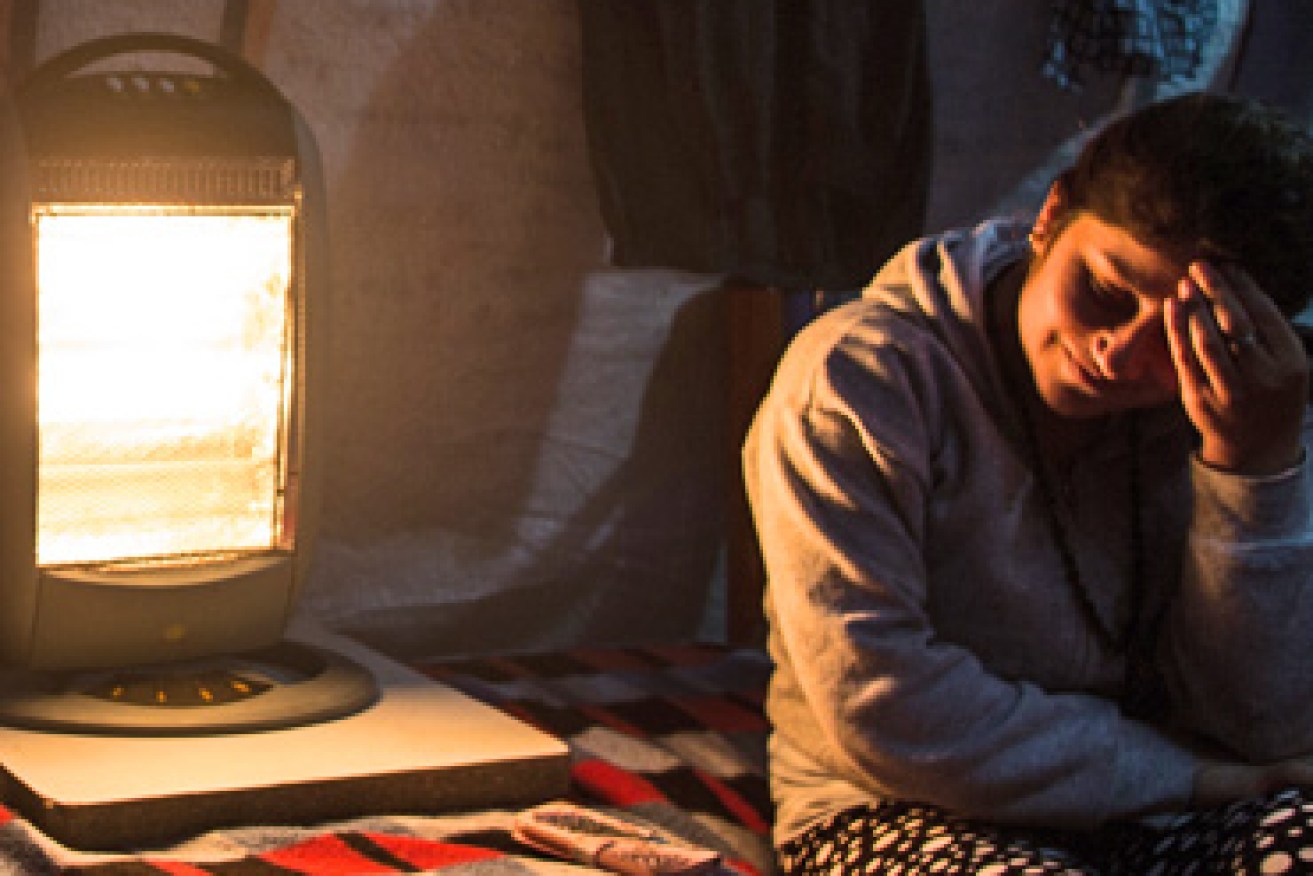Australians continue to pay some of the highest electricity prices on the planet, new research suggests, as many consumers fall behind in payments and fear their next bill.
The states paying the highest fixed charges in the nation, and thus the world, are South Australia, Queensland and New South Wales, says a report commissioned by Uniting Care Australia.
These states now pay higher fixed prices than Denmark, which was the only country that topped Australia’s power prices in a 2011 study by the Energy Users Association of Australia.
• How to find a better savings account
• Avoid bill shock: how to spend less on phone data
• How to make everything you own last longer
These “startlingly high” prices spread with a “startling degree” of unevenness across the non-privatised networks and inflict disproportionate pain on pensioners and poorer families, Uniting Care national director Lin Hatfield Dodds says.
In fact, power bills are the greatest financial fear of many consumers.

Some families are forced to choose between paying for rent, food and power. Photo: Getty
Almost a third (29 per cent) of close to 8,000 Australians surveyed by consumer research company Canstar Blue listed electricity prices as their greatest concern after medical costs, petrol and food, and almost one-in-four struggled to pay their power bills on time.
Many households anticipate their next bill with “trepidation”, says Canstar Blue spokesman Simon Downes.
The Public Interest Advocacy Centre (PIAC) has backed the Uniting Care report, with a spokesman describing it as an “excellent summary” of what many consumers have been “screaming” for quite some time.
“There are lots of people in Australia paying more than they should be for their electricity, and it’s not fair that companies providing an essential service are making huge profits,” says PIAC energy consumer advocate Oliver Derum. “People are being let down.”
The Energy Supply Association, which represents the industry, contends that Australia’s prices are in fact mid-range by world standard, and that skyrocketing prices since 2008 were caused in part by the cost of replacing ageing assets.
Energy Users Association chief executive Phil Barressi disputes this, saying that the power grids in the three government-owned states (QLD, NSW and SA) have been “gold-plated” in order to bring in guaranteed revenue for “some of the most profitable organisations” in the country.
Switch to save
If regulators cannot fix the problem, the best option – apart from moving to a cheaper state – is to look for a cheaper company.
Those in Tasmania, South Australia, NSW and the ACT can go to the national Energy Made Easy website to compare prices and find a better deal.
For Victorians, the state government offers this website to help you switch, and Queensland offers a similar site.
Tips to reduce your energy bill

Heat can easily escape through cracks, driving up already high power costs. Photo: Getty
Once you’ve found the best price, you might also want to consider cutting down your usage by:
• using the Victorian government’s calculator to find out the cost of running your appliances;
• regularly servicing air conditioners and heaters to make sure they run efficiently;
• draught proofing your home to prevent heat and cold escaping through cracks around doors, windows and electrical outlets;
• setting your heater (18-20 degrees) and air conditioner (23-26 degrees) to their ideal temperatures;
• sealing your fridge door and setting it at the ideal temperature of 4-5 degrees, and the freezer between minus 15 and minus 18 degrees;
• drying your clothes in the sun and air rather than using an electric dryer;
• always washing your clothes in cold water; and
• unplugging all appliances when not in use to stop standby power waste.









